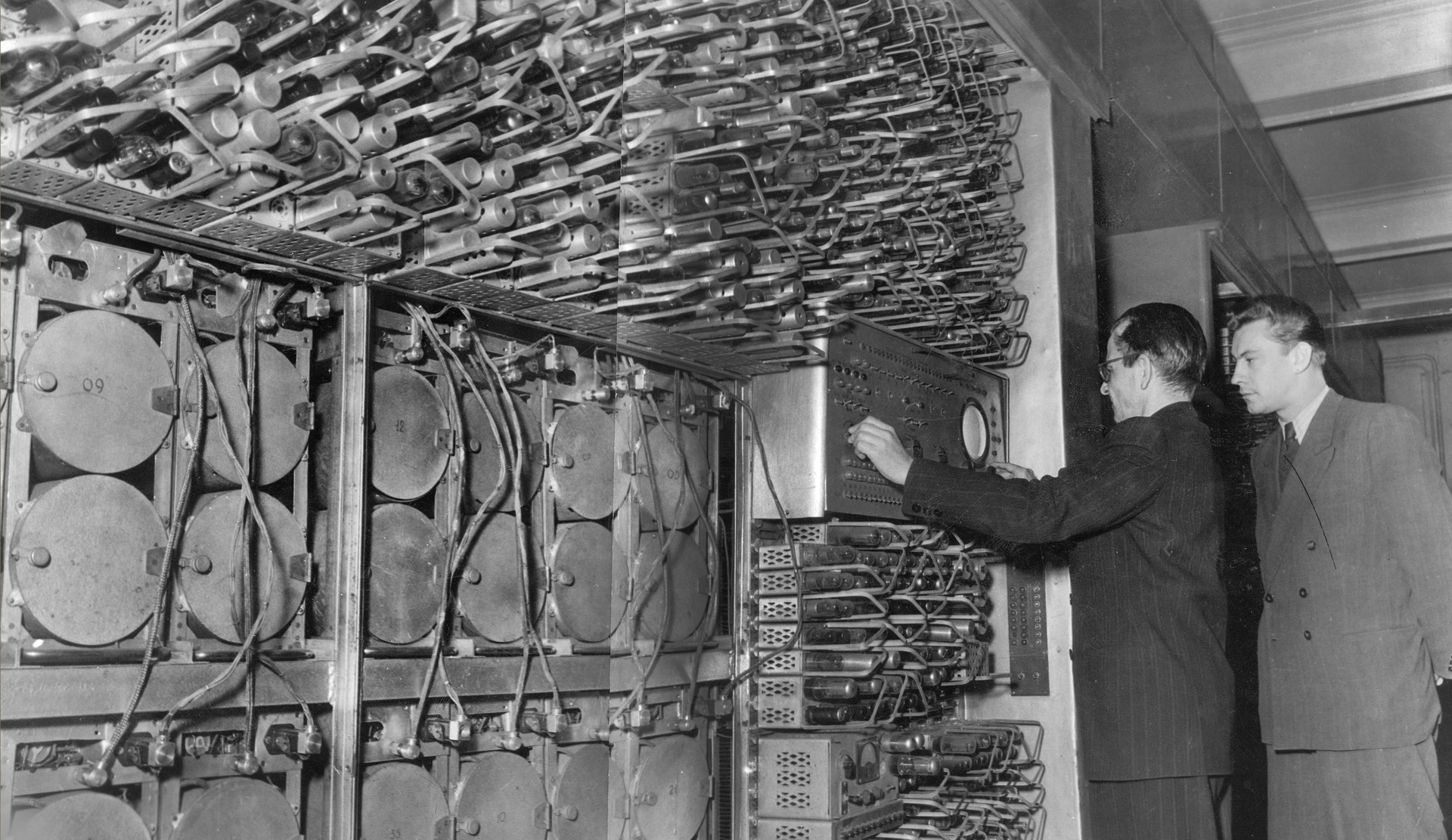Sadness about the prospects that our computing technology did not have

It seems that many years have passed - a whole eternity by the standards of the world of computing technology. A reflection on the mistakes of the Soviet past, everything does not stop. And what would happen if ... you did not copy IBM? .. did not close the BESM project? haven't you done some nonsense yet?
My answer: nothing radically new. It would be about the same as what we have now.
On the one hand, the answer seems sad, but on the other, it reconciles with certain mistakes of the Soviet past. For nothing depended on them.
')
But back to reflection. I don’t know if you are confronted with it (and really, do you encounter it?), But I occasionally meet it. A few days ago, Rossiyskaya Gazeta released this . The material is more about history, but the last paragraphs in it clearly hint at something great that we lost because of one supposedly stupid decision.
And today comrade wrote in social networks: “We launched Gagarin with our own computers”, “the mission to Venus, the launch of a rocket from the moon back - nobody repeated it, so why should we be leaders in some computers?”
Well, I have two answers to this:
- Computers are harder than rockets (I can already see how the rocket men got angry, but wait a bit)
- A planned economy with such complexity was not able to cope
Why are computers more difficult?
Rocket launch is, for the most part, an engineering challenge. It is necessary to implement 19th century physics in hardware. Not easy, of course, but solved in an incremental development process. It is noteworthy that various independent projects in this area started from approximately the same level of development and also developed in approximately the same way.
With computers it's not like that. The world has seen - and still sees - a lot of completely heterogeneous iron. And no one knows what will survive from this zoo and what the industry will look like in three years.
While with missiles so far everything was pretty predictable: launch a satellite, launch a man, fly to the moon, fly a little farther, fly a little farther away ...
But who could have predicted 10 years ago that Deep Learning would become wildly popular? What even floppy Intel will release a processor specifically for Deep Learning? What will Nvidia suddenly rise on the theme of graphics accelerators (stocks have grown 7 times in 2.5 years)?
All because computers are not just about engineering. This is, first of all, about business. The real needs of the real business are pushing the development of computing technology forward. And here we come to the second problem.
Planned Economy.
It, of course, allows you to mobilize the whole country for one or two global projects. But at the same time suffers from a catastrophic shortage of resources for everything else. There are few resources, and you have to choose who they will get. There is no market competition; there is competition only between scientific groups at the prototyping stage or even just planning. And this competition ends at the level of the Central Committee or a special commission, where politicians must vote for who will get scarce resources. And they will get to the one who is married to the daughter of the head of the commission. A bit exaggerated, but not far from the truth. Including for the Soviet computer technology.
Those. the market does not vote with real money, but politicians vote with the strength of ties with candidates.
So you can make a rocket, but not a competitive microprocessor. The processor must have a market, there must be something wider than the defense industry.
Therefore, it does not matter which mass car was financed in the USSR. It is important that she was alone (or, more precisely, 1.5). And she, in fact, had only one customer. In my opinion, even the decision to copy IBM cannot be called super-stupid. Indeed, why should this decision all end? Why did not IBM itself stop at this?
So reconcile with history and no longer sad. No one of our cars had a chance to become the second (or even the first) x86.
Source: https://habr.com/ru/post/370523/
All Articles